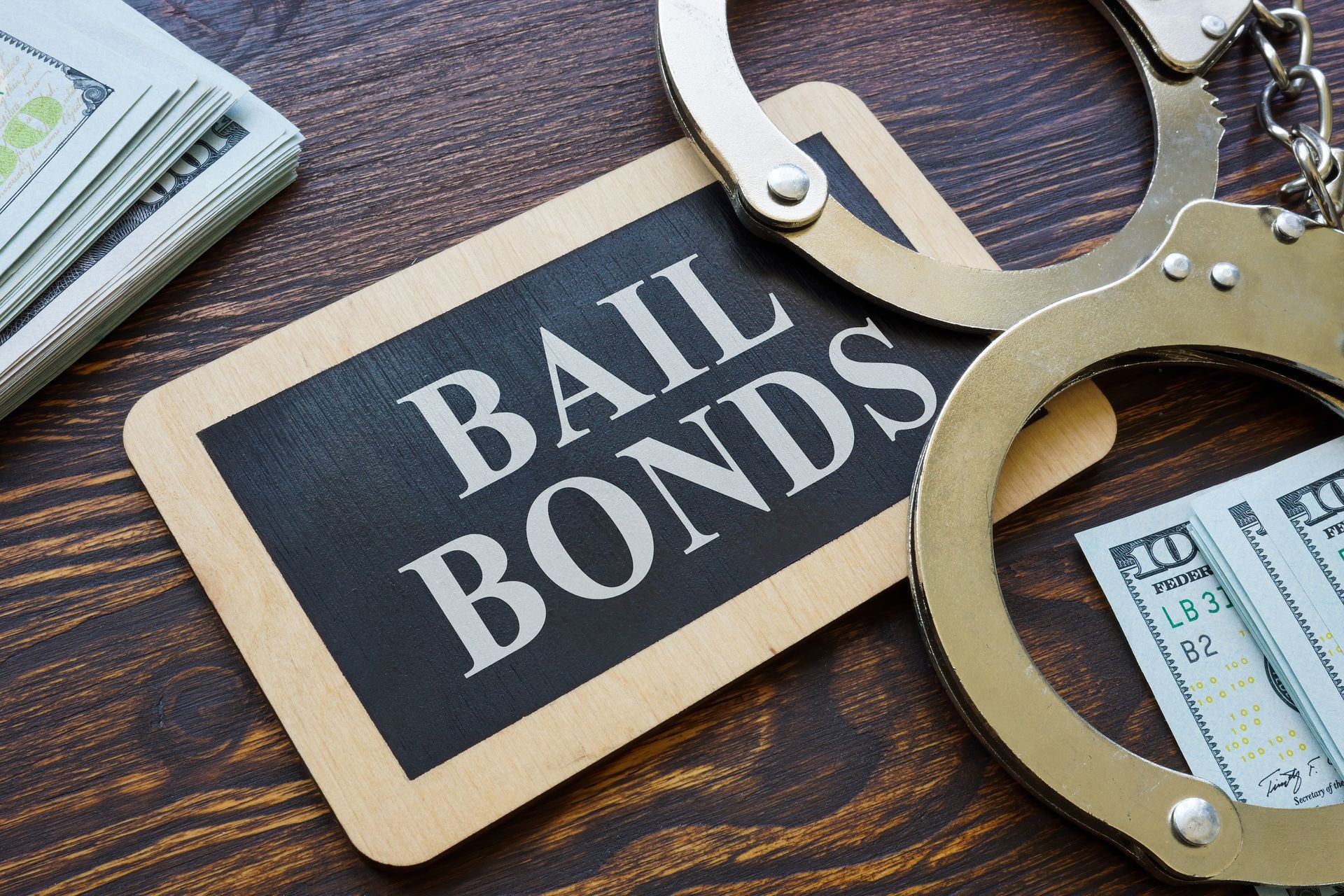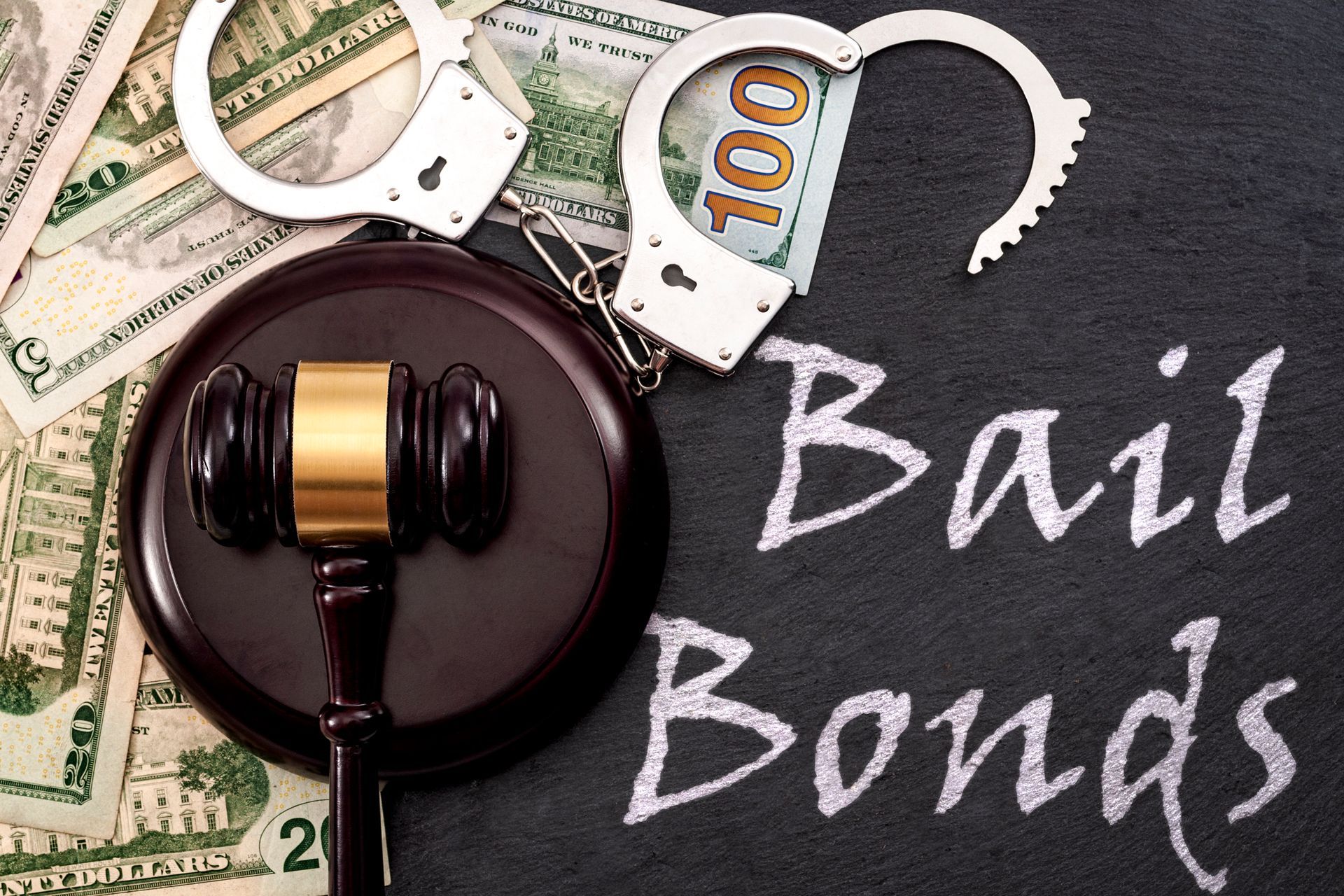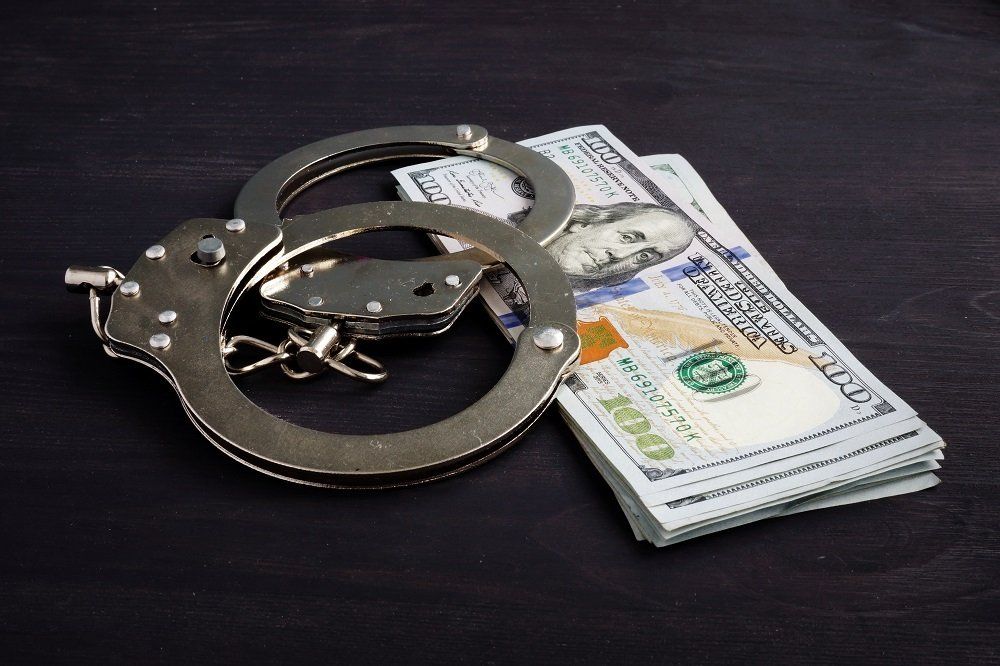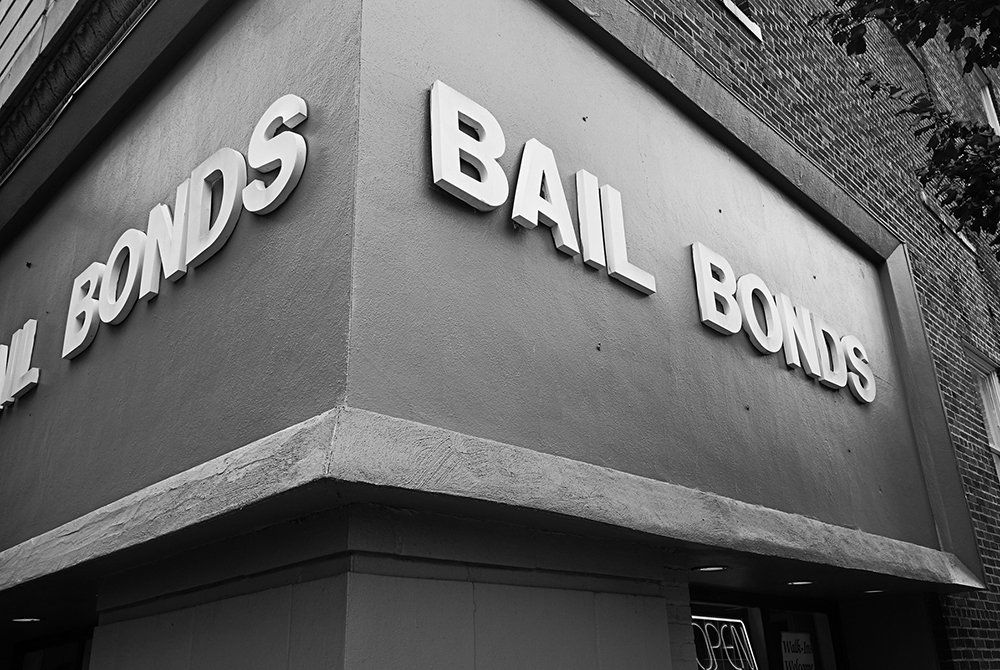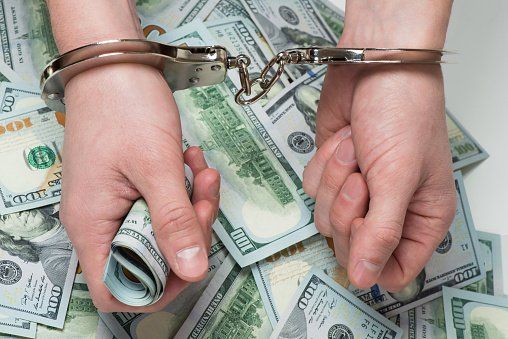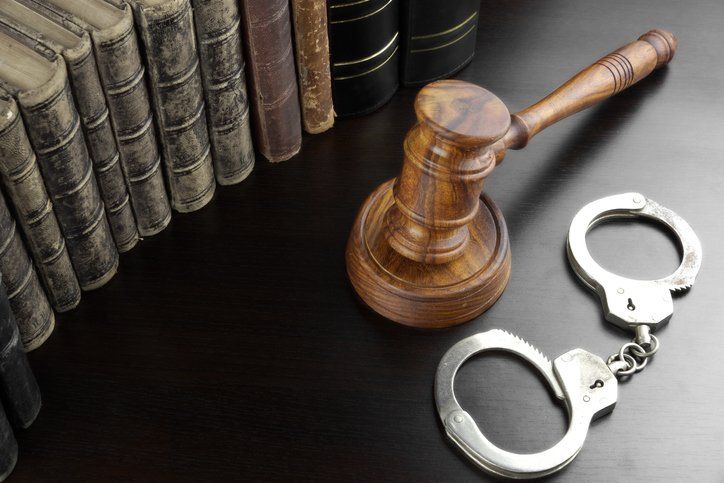WHAT DOES CO-SIGNING A BAIL BOND MEAN?
Have you gotten a call from someone you know, claiming they've been arrested and need your help posting bail? Your first step is to be sure it is someone you know and not a phone scam, such as the "Grandparent Scam" that targets senior citizens. In that scam, someone calls and claims to be a grandchild that needs bail.
If your relative or friend really has been arrested, then you could play a crucial role in getting them released from jail. When bail is set, you and the defendant have two options, you can pay the entire bail amount, or you can go to a bail bondsman. However, in some cases, you may be asked to co-sign the bail, this is something you need to consider very carefully.
What Does Co-Signing Actually Do?
When you get a bail bond, you pay a percentage of the bail amount, and the bondsman tells the court that there is a monetary amount now backing up your relative or friend's promise to appear in court. At that point, the court releases the person with the warning that they must appear in court as scheduled. If the person skips court, then the bondsman will go after the co-signer of the bail bond - you.
In other words, when you co-sign a bail bond, you're taking on financial responsibility for the person's appearance in court. In addition, you'll probably have to offer collateral. For example, to get the bond, you might have to offer your house as collateral - and if the person skips court, you could lose your house to the bond company.
When Is Co-Signing a Good Idea?
While much of this information may make co-signing a bail sound like a bad idea, there are times when it's the best thing to do. For example, if you are confident the person will show up to court, then cosigning the bail makes sense.
When Is Co-Signing a Bad Idea?
However, you should remember that if the person skips their court appearance, then you lose the collateral. Don't co-sign if you can't afford to risk that collateral item. If you hope the person will show up but are unsure if they really will, then co-signing isn't a good idea.
What Should You Do if You See Things Deteriorating?
Sometimes the person you trusted suddenly starts showing unreliable behavior. Maybe they promised they'd go to court, so you co-signed for the bond, and then you heard through the grapevine that they were having second thoughts. If you think they are likely to cause a problem, then you have the option of revoking the bond.
However, you need to provide the bondsman with a good reason. You can't revoke bail on a whim. However, if you know the person is a flight risk, or if you haven't seen the person in a while and think they've left town, then you could find the bondsman to be sympathetic.
You still have to shoulder the financial risk until the person is arrested. However, the bondsman will work with you and the court to get that person back into jail, at which time you can discuss getting yourself and your collateral item released from any financial obligation.
How to Handle Surprise Disappearances
Of course, sometimes you don't get any warning, and the person who is supposed to go to court suddenly disappears. In that case, contact the bond agent immediately and let them know what happened. Bondsmen don't actually want to take your collateral; they just want to cover their financial risk.
In fact, it would be a very good idea to discuss, in depth, what to do if your friend or relative disappears with the bondsman before you co-sign. You want to know exactly what your risk is before you sign.
Contact our experts at A-Action Bail Bonds to discuss getting a bond and what you would face if you co-signed.


